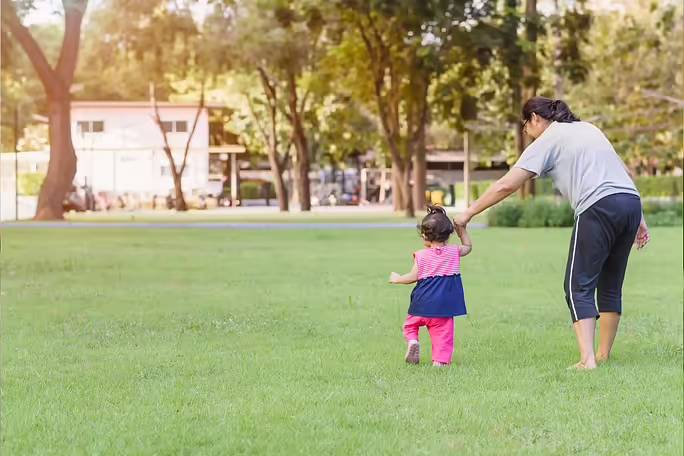
Therapy – It CAN be all fun and games, too!
Natural curiosity, a lot of energy, and exhibiting a range of emotions are signs of a healthy child. At a very young age, children learn how to navigate complex emotions such as anger, sadness, desire, and happiness. Identifying something and getting upset or happy is an intense, complicated response, which most children perform easily.
A few may display these behaviors at an early stage while others develop a little late. Most children are at par with each other by the time they reach primary school. However, children with developmental disorders such as autism and cerebral palsy, may not be able to control their emotions. They may also exhibit unhealthy behaviors such as outbursts and unhindered tantrums. For them, pediatric rehabilitation and therapy are recommended.
Types of recreational and occupational therapy
There are multiple programs for pediatric rehabilitation but the standouts are recreational and occupational therapy because these include everyday activities and a few games. This “fun” approach to therapy not just makes children comfortable but also happy. And, aren’t happy children the best learners?
Let’s take a look at some of the most common and effective types now:
Art is therapeutic even for adults. So, how can it not work for little kids who simply love colorful and glittery things?
Art therapy makes use of children’s creativity to improve their ability to function independently by nurturing their social skills and tackling their emotional conflicts. It has been proven to be extremely helpful in taking care of congenital as well as injury-related developmental issues.
This is a beautiful course of treatment for children facing difficulties with visual-motor control. Vision therapy is quite complicated because it aims to redirect children’s visual-motor skills. Logic games, mazes, puzzles, and playing brain teaser games are a few of the activities that are used. The goal here is to see things and follow them without getting distracted.
Vision therapy is often guided by an optometrist.
Music can do wonders to the heart and soul… and the brain!
Music is a wonderful way to help children with special needs achieve basic interaction goals. These include verbal requests, making eye contact, singing, conversing, and improving fine motor skills.
This form of recreational therapy is ideal for children with emotional and physical development concerns. There are multiple therapeutic programs designed to administer pediatric physical therapy based on individual needs. It also boosts children’s ability to communicate their emotions.
Dance is the most delightful form of expression. It is also a fun way of achieving a healthy lifestyle! Children who are introduced to dance at an early age are sharp, confident, and creatively inclined.
Kids with physical challenges and sensory integration difficulties can benefit greatly from this form of occupational therapy.
Therapeutic programs are exceptionally beneficial for kids with learning and developmental complications. Choosing the right form of recreational and occupational therapy can go a long way in ensuring that they lead a happy and confident life.
At Wellknox Kiddos, we offer multiple child wellness programs catering to the needs of specially-abled children. For information and further details, please visit our website.Meta description: What is the role of different types of recreational and occupational therapy in pediatrics? Click here to get a detailed answer.

Wellknox is one of the best rehabilitation centers in Hyderabad. Rehabilitation is the process of helping an individual recover from an injury or illness with a variety of services available including the Best Neuro rehabilitation, physiotherapy, occupational therapy, speech therapy, and more.